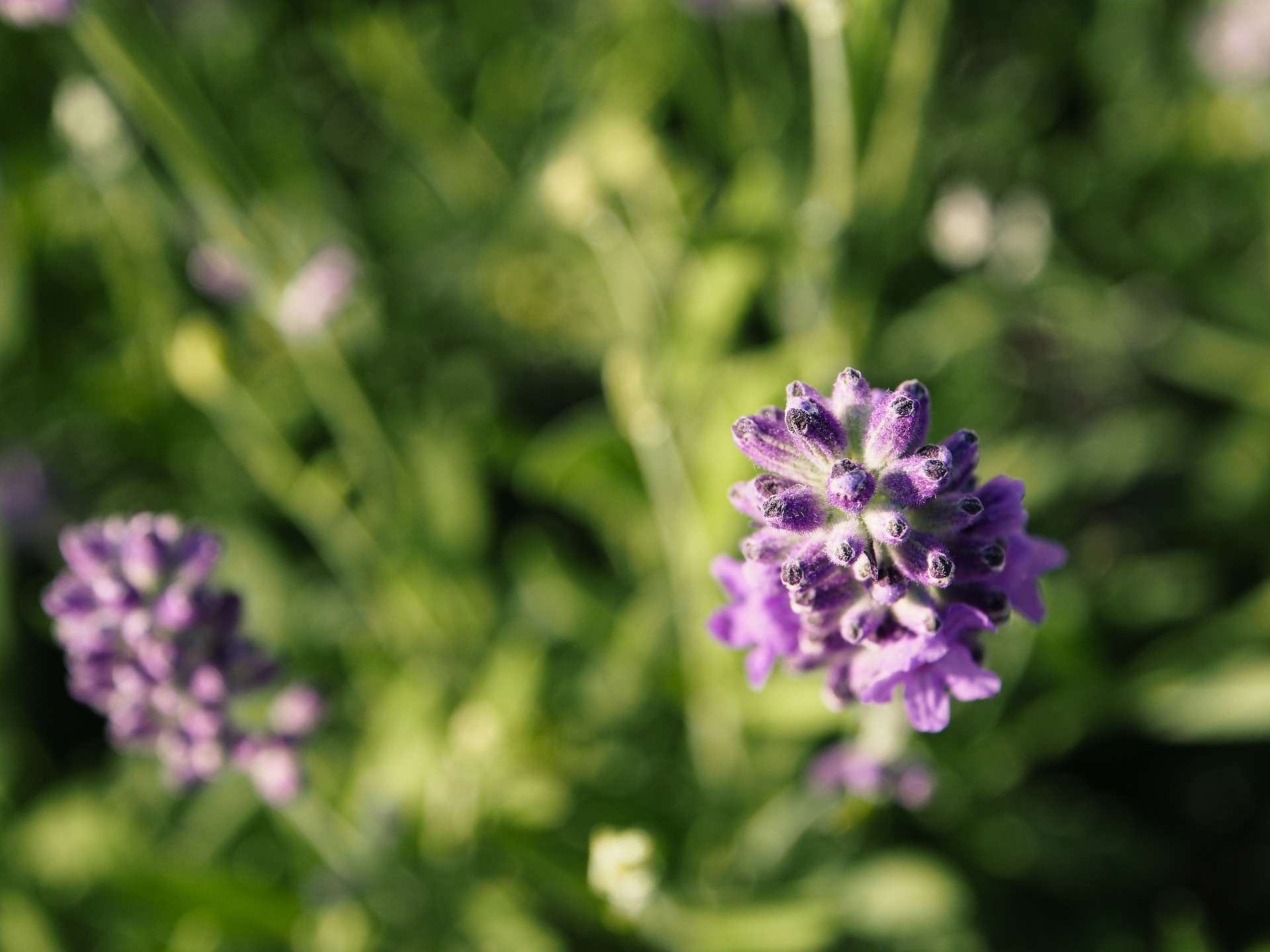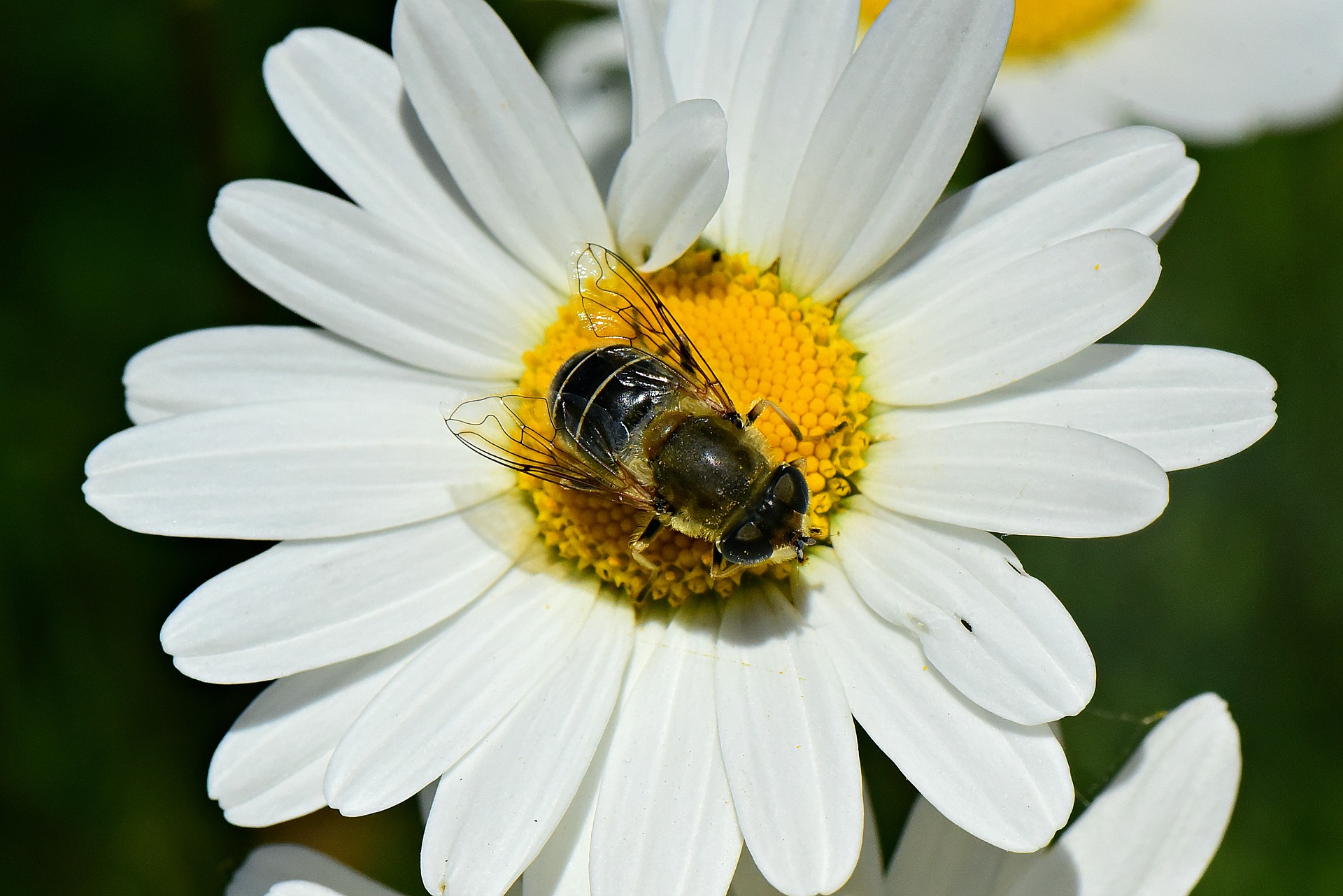Children should learn about nature like the benefits of bees and kids activities that revolve around caring for nature and the living beings around us. The world needs bees. They often say that without bees humans would perish as a natural order of things. Being on top of the food chain is not necessarily a good thing if we are bent on ignoring those that benefit us.
A National Geographic article in February of 2020 states the importance of bees in pollination and propagation of plant life. Humans depend much on fruits and vegetables for food. Animals depend on them, too. If agricultural crops dwindle as those that consume them increase, then starvation can occur. In this piece they have cited climate change and that this decreasing bee population, particularly bumblebees, may lead to their extinction if help is not directed towards their survival.
Can humans survive without bees? Do we really want to find out through experience? Teaching children at an early age the value of a symbiotic relationship (that of a mutually beneficial relationship) early on will help them open their eyes of how they can help in their own little way.
Helping bees can include planting bee-friendly gardens. This is within a child’s skill level and it is fun to dig up dirt and bury tiny seeds that will eventually sprout. Bee-friendly plants include cosmos, strawberries, daisies, abelias, flowering gum trees and bottlebrush shrubs also the fragrant smelling lavender and tea tree are among the favourites. The wonder in their eyes once they see little green leaves and stems appear. It can be a daily ritual checking the progress of their plants and insert nature lessons while inspecting the tiny, young plants.

Appreciating the plants and the critters around us at a young age will certainly give them an attitude of gratitude. In some part, they will recognise their contribution in the overall progress and improvement of their environment.

